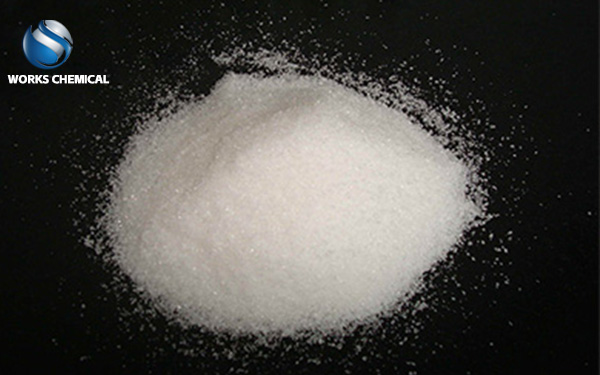
CWhen selecting the sludge dewatering agent on the market, a number of factors should be considered to ensure that the most suitable agent is selected. Here are some key steps and points, expressed in a clear, point-by-point manner:

1. Understand sludge characteristics
Sludge properties: According to the organic matter content, inorganic matter content, pH value, viscosity and other characteristics of the sludge, select the appropriate sludge dewatering agent.
Selection of flocculant: For sludge with high organic content, organic polymer adjuster can be selected; For inorganic sludge, the use of anionic flocculants can be considered.
2. Consider the type of medication
Organic agents: such as polyacrylamide (PAM), divided into anionic, cationic and non-ionic types. Anionic PAM is often used in coal washing, sand washing and other tailings water dehydration, cationic PAM is often used in paper making, pharmaceutical, urban sewage and so on.
Inorganic agents: such as polyaluminum chloride, polyferric sulfate, etc. Inorganic reagents are generally suitable for vacuum filtration and plate and frame filtration.
3. Consider dosage
According to the nature of sludge, variety, solid concentration, digestion degree to determine the dosage of chemicals.
In general, the lower the concentration of organic polymer flocculants, the less the dosage of agents, the better the conditioning effect. But too high or too low concentration will reduce the yield of mud cake.
For example, in the sludge treatment of municipal sewage treatment plants, polyaluminum chloride and polyferric sulfate are about 1%-3%, and cationic polyacrylamide is 0.1%-0.3%.
4. Consider the dosage order
When organic and inorganic agents are added together, inorganic agents are generally added first, and then organic agents are added, so the conditioning effect is better.
In the selection of iron salt and lime agents, the correct order is to add iron salt first, then add lime.
5. Consider the cost and benefit of the drug
Compare the price, dosage, dehydration effect of different agents, choose the most cost-effective agent.
Factors such as the corrosiveness of the agent to the equipment and the replacement frequency of the filter cloth are considered to reduce maintenance costs.
6. Refer to experimental data
If conditions permit, small experiments can be carried out to select the most suitable agent by comparing the dewatering effect of different agents and the properties of the treated sludge.
In the experiment, the key indexes such as mud pressing efficiency and sludge moisture content can be recorded to evaluate the performance of the agent quantitatively.
7. Choose reliable suppliers
Choose a pharmaceutical supplier with good reputation and reputation to ensure the quality and stability of the pharmaceutical.
Understand the technical support and service capabilities of the supplier in order to get timely help during use.
In summary, the selection of sludge dewatering agents should consider sludge characteristics, agent type, dosage, dosing sequence, cost and benefit, experimental data and suppliers. Through comprehensive evaluation, the most suitable agent is selected to achieve efficient and environmentally friendly sludge dewatering treatment.